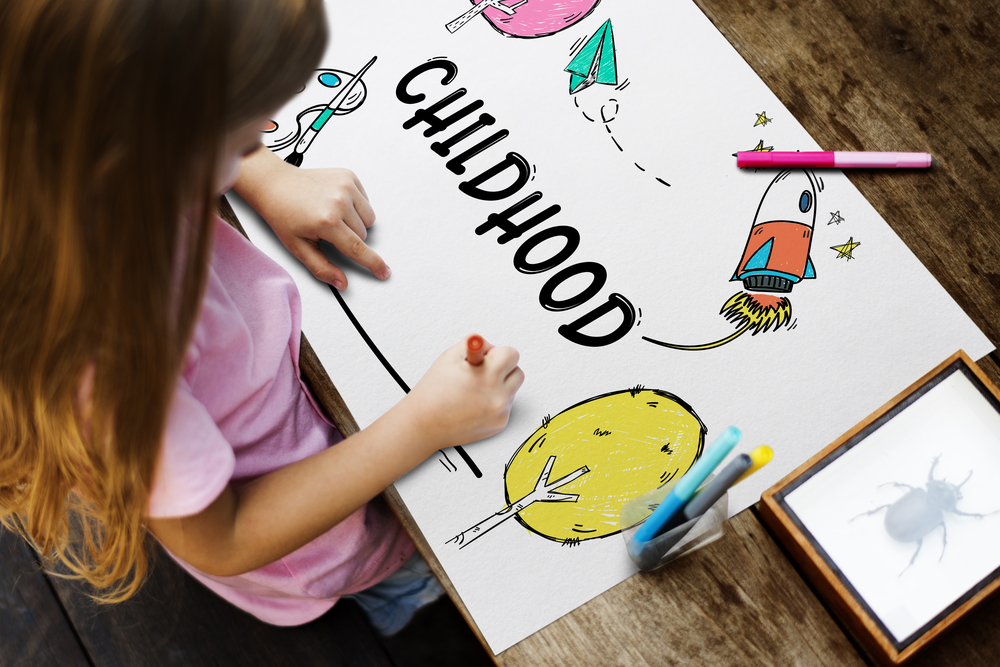Contextual understanding Worksheets for Ages 8-9
7 filtered results
-
From - To
Enhance your child's learning experience with our Contextual Understanding Worksheets designed specifically for ages 8-9. These engaging worksheets help young learners develop critical skills in comprehension and context clues while promoting reading proficiency. Children will explore various scenarios and practice extracting meaning from texts to deepen their understanding. Our user-friendly resources encourage independent thinking and improve their ability to infer meanings, vital for academic success. Each worksheet is crafted to align with educational standards, making learning both fun and effective. Perfect for use at home or in the classroom, these worksheets offer a fantastic way to build confidence in reading and comprehension.
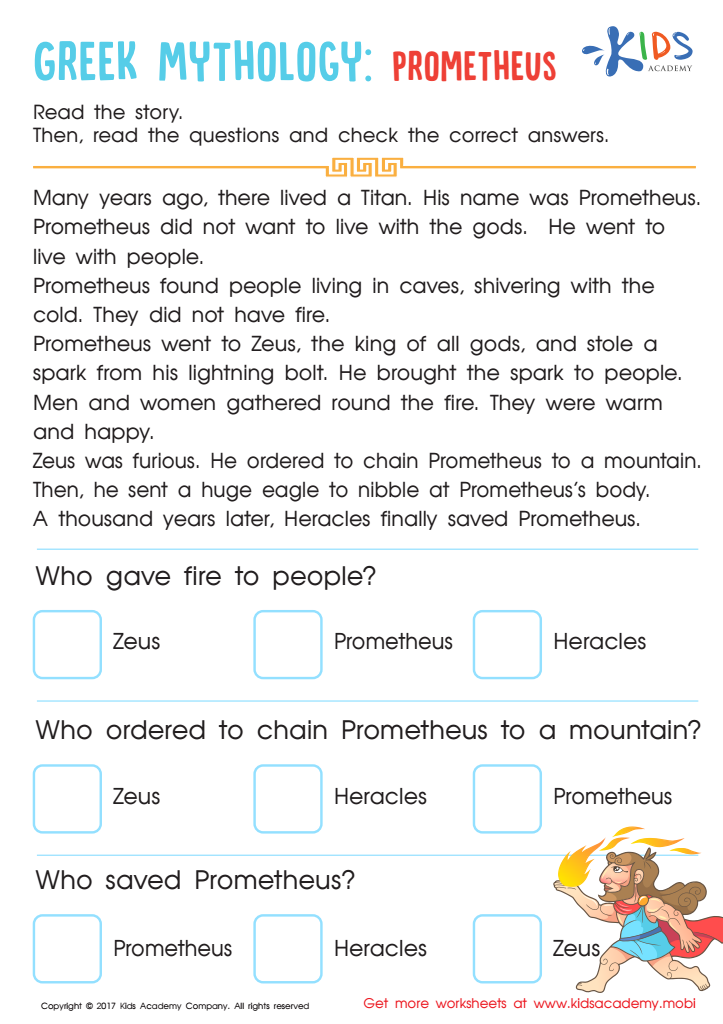

Prometheus Story Worksheet
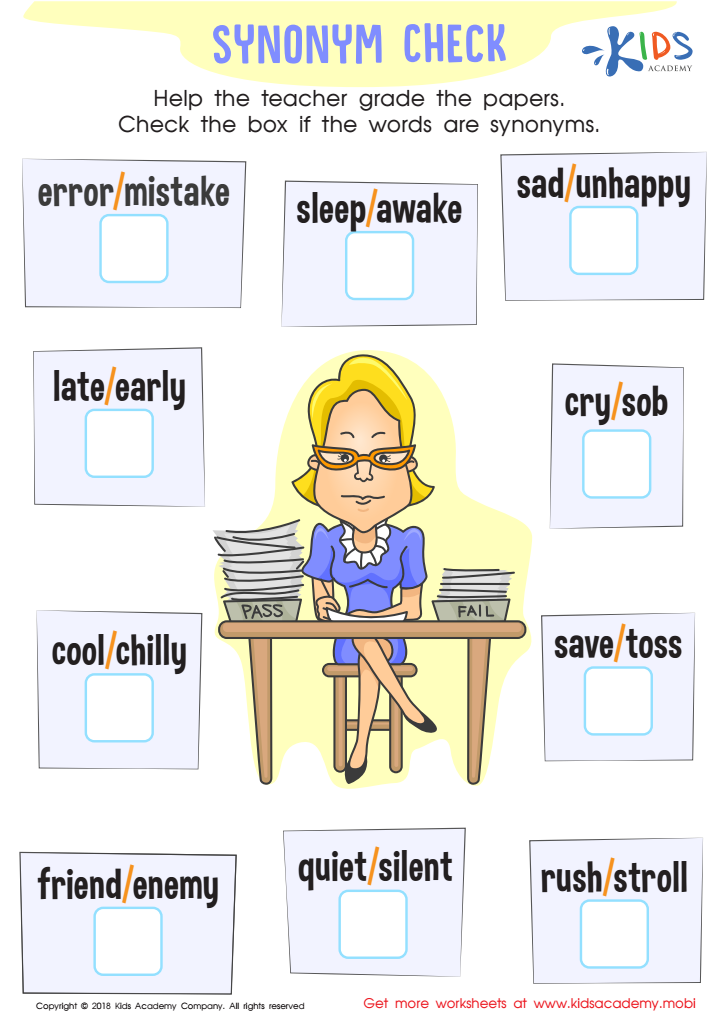

Synonym Check Worksheet
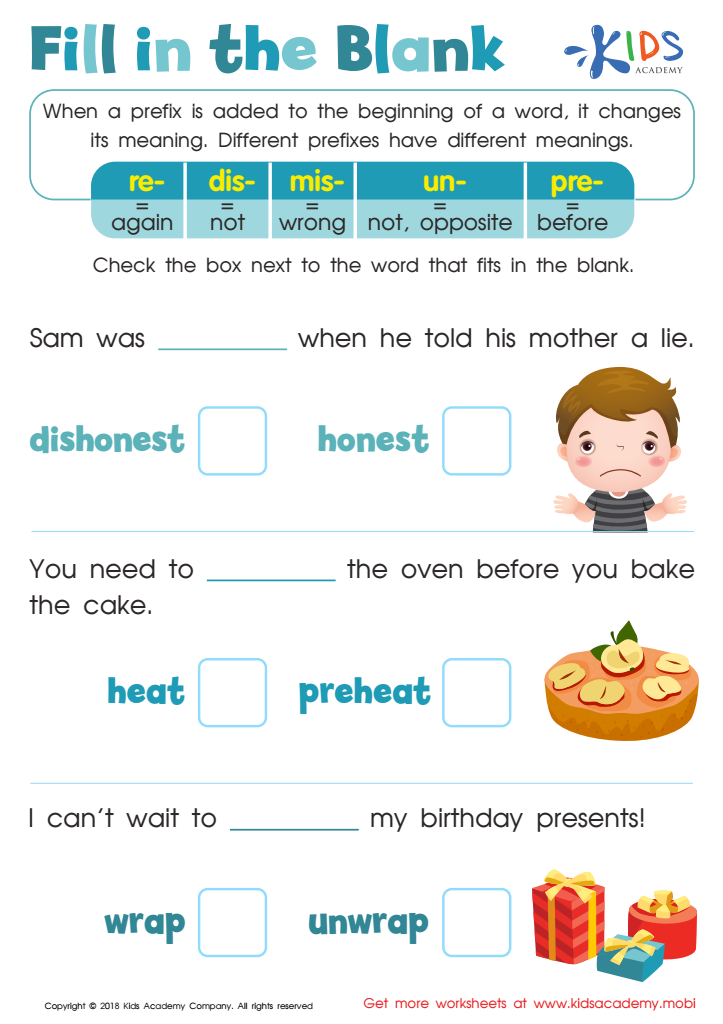

Reading: Fill in the Blank Worksheet
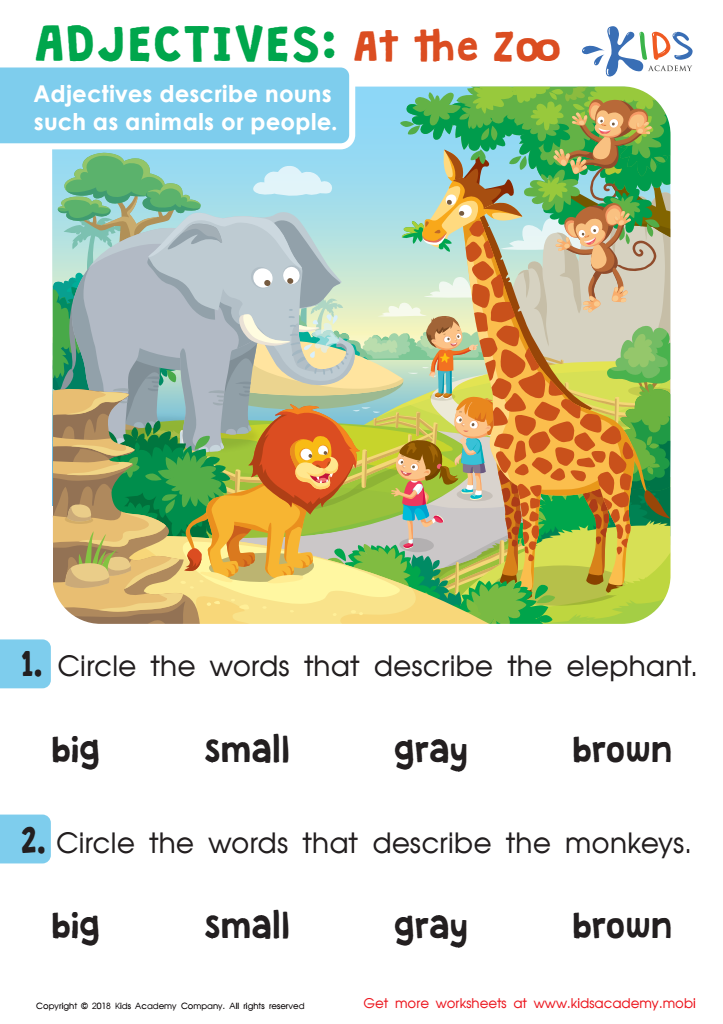

Adjectives: At The Zoo Worksheet
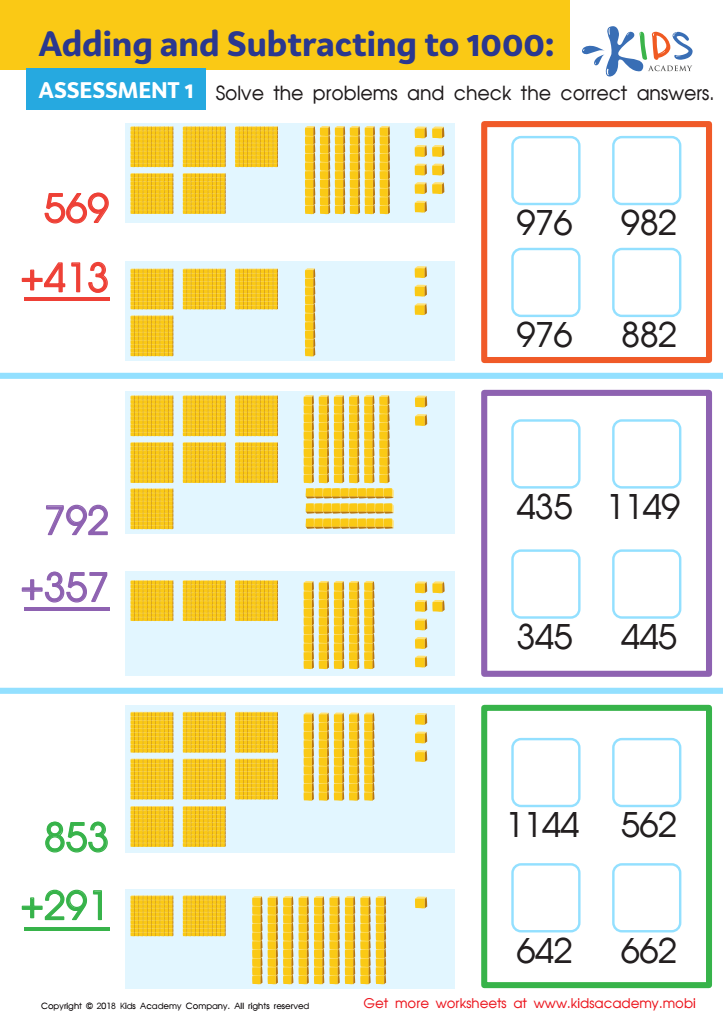

Adding and Subtracting to 1 Worksheet: Assessment 1
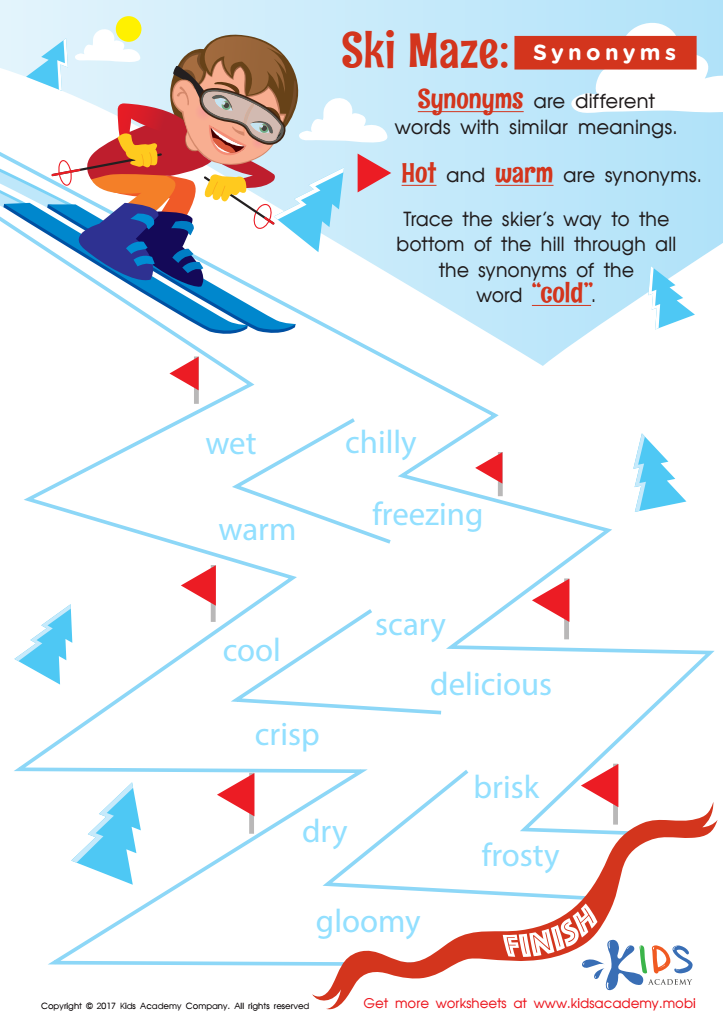

Free Printable Synonym Worksheet
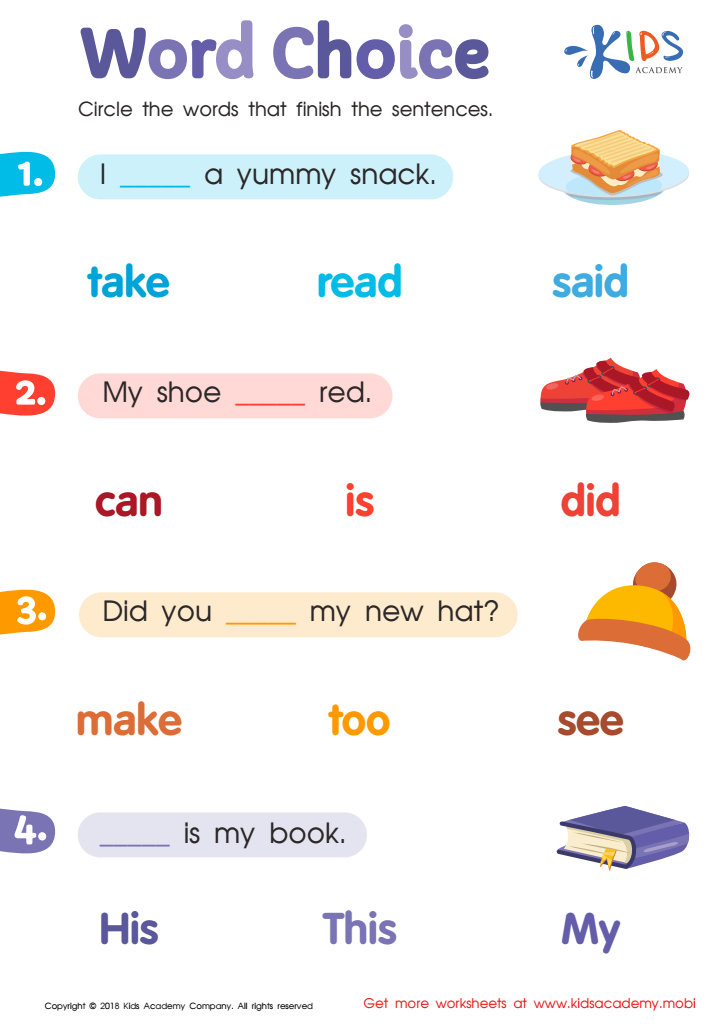

Word Choice Worksheet
Contextual understanding is crucial for children aged 8-9 as it bridges the gap between classroom learning and real-world applications. At this age, students begin to grasp complex concepts and can benefit greatly from relating what they learn to their everyday experiences. When parents and teachers foster contextual understanding, children become more engaged and motivated learners. They are better equipped to comprehend narratives and topics in subjects like reading, science, and social studies because they can connect ideas to their surroundings.
Additionally, contextual understanding enhances critical thinking skills. Children learn to analyze, evaluate, and synthesize information when they see connections between different pieces of knowledge, whether in literature or scientific phenomena. This skill set is essential not only for academic success but also for navigating daily life and making informed decisions.
Moreover, fostering this understanding promotes empathy and cultural awareness. By exploring diverse contexts—historical, social, and personal—children can appreciate different perspectives, which is vital in our increasingly interconnected world.
In sum, parents and teachers should prioritize contextual understanding as it enriches educational experiences, cultivates crucial life skills, and supports emotional and social development in children aged 8-9.
 Assign to My Students
Assign to My Students






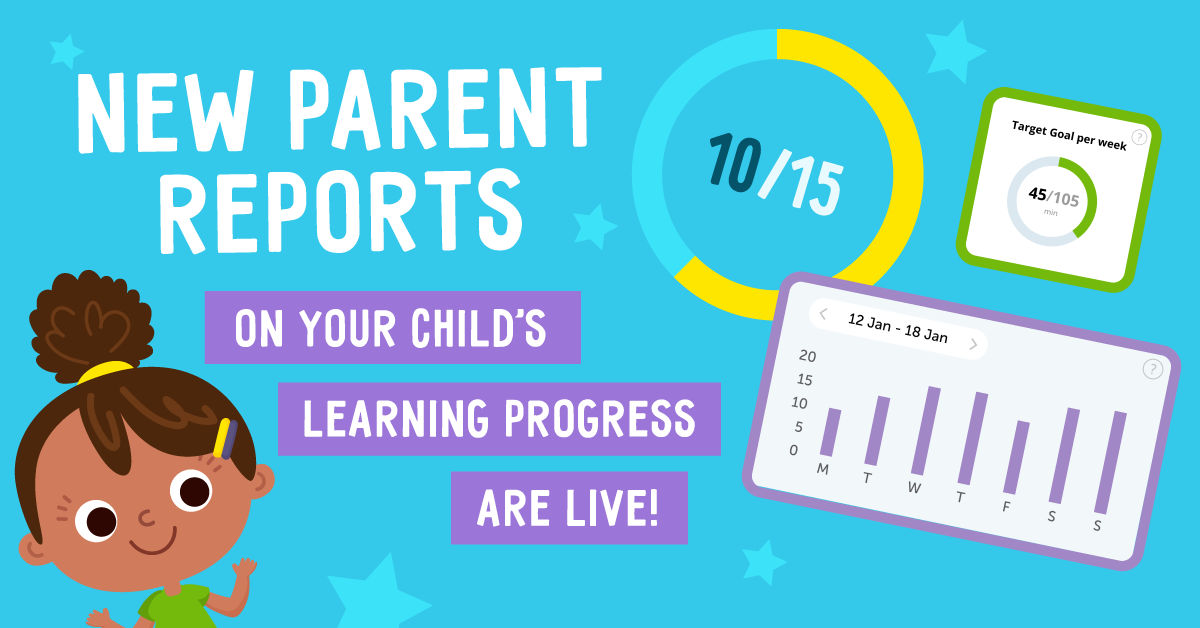
.jpg)

